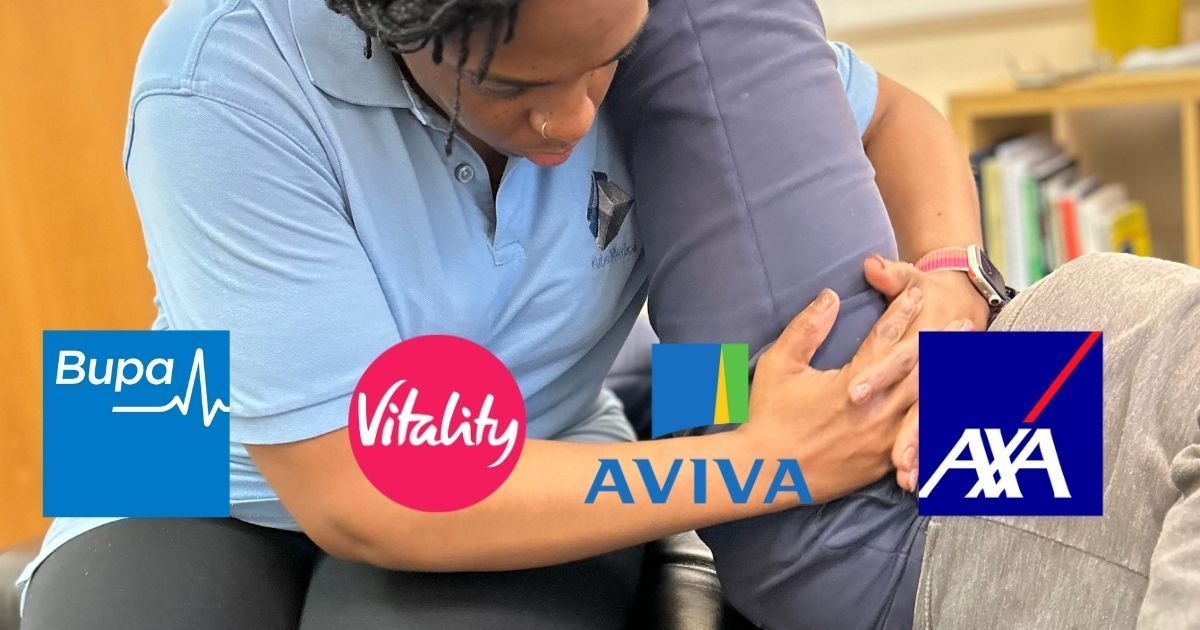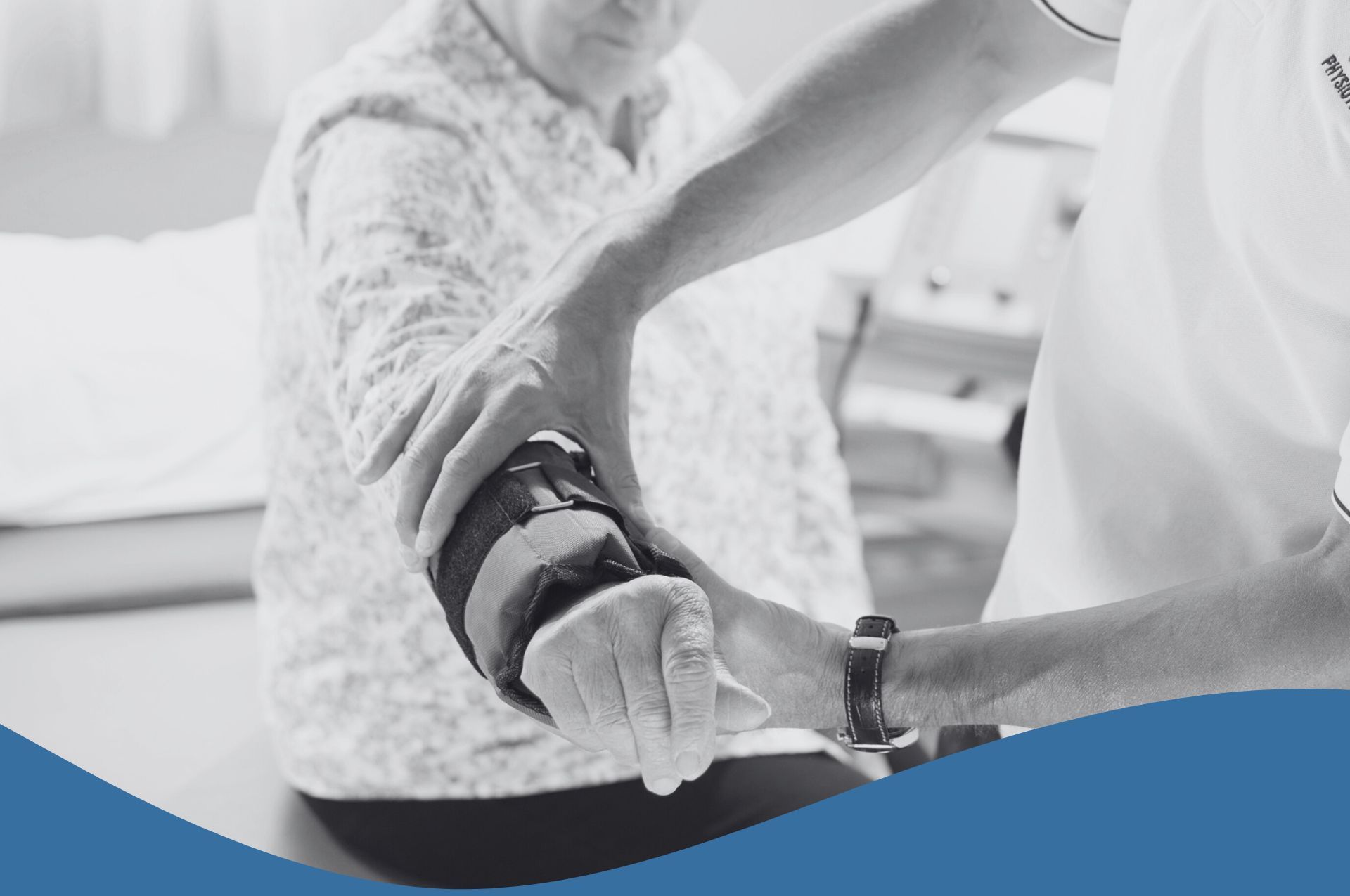About the Author
Karlo is a Physiotherapist in the Kube Medical team and holds a BSc in Physical Therapy from the University of the East, Ramon Magsaysay Memorial Medical Center, Inc. in the Philippines.
Older adults in care homes often face challenges such as reduced mobility, balance issues, and age-related conditions like arthritis or osteoporosis. Physiotherapy recognizes these unique needs and tailors interventions to address them specifically. We will delve into the role of physiotherapy in order to improve the well-being of care home residents, while also shedding light on the advantages of physiotherapy interventions within this demographic.
Enhancing Mobility and Independence:
One of the primary goals of physiotherapy for older adults is to improve mobility and maintain independence. Physiotherapists start by conducting a comprehensive assessment of an individual's mobility and functional abilities. They evaluate factors such as strength, balance, coordination, range of motion, and gait pattern. This assessment helps identify specific areas of concern and establishes a baseline for designing an individualised treatment plan. Through targeted exercises and interventions, physiotherapists help individuals regain strength, balance, and coordination, allowing them to perform daily activities with greater ease.
Fall Prevention and Balance Training:
Falls are a common concern among older adults and can lead to serious injuries. Physiotherapy interventions, such as balance training and fall prevention programs, have been shown to reduce the risk of falls in older adults. These exercises may include standing on one leg, weight shifting, and specific balance training exercises. They also educate the individual on the proper use and techniques for maximising the benefits of assistive devices.
Managing Chronic Pain:
This is often associated with conditions such as arthritis or musculoskeletal disorders. Physiotherapy offers a range of pain management techniques, including therapeutic exercises, manual therapy, and modalities such as heat or cold therapy. These interventions can help alleviate pain, improve joint mobility, and enhance overall well-being. By strengthening supporting muscles, optimising posture, and enhancing joint mobility, therapeutic exercises help reduce pain and improve overall function.
Respiratory and Cardiovascular Health:
Physiotherapy interventions, such as breathing exercises and airway clearance techniques can improve lung function and respiratory muscle strength in older adults with respiratory conditions like chronic obstructive pulmonary disease (COPD). Through targeted exercise programs, physiotherapists can enhance cardiovascular fitness, lower blood pressure, and reduce the risk of heart disease in older adults. Physiotherapists assess and address postural imbalances as it can optimise lung expansion and improve breathing mechanics.
Cognitive and Mental Well-being:
Physiotherapy interventions not only focus on the physical aspects of health but also contribute to cognitive and mental well-being. Participation in social activities and maintaining social connections is crucial for older adults' well-being. Physiotherapy interventions often include group exercise classes or community-based programs, providing opportunities for social interaction and fostering a sense of belonging. By promoting social engagement, physiotherapy contributes to a higher quality of life by reducing isolation and promoting a sense of community. Engaging in regular physical activity has been linked to improved cognitive function and a reduced risk of cognitive decline in older adults.
In summary, physiotherapy offers a holistic approach to improve the quality of life for older adults, particularly those residing in care homes. By addressing mobility, fall prevention, chronic pain management, rehabilitation, cognitive health, and overall well-being, physiotherapy interventions have proven to be highly beneficial. Studies consistently support the positive impact of physiotherapy on older adults' health outcomes. If you or your loved one is an older adult seeking to enhance your well-being, consider incorporating physiotherapy into your care plan. Consult with a qualified physiotherapist to develop an individualised treatment program tailored to your unique needs.

About the Author
Karlo is a Physiotherapist in the Kube Medical team and holds a BSc in Physical Therapy from the University of the East, Ramon Magsaysay Memorial Medical Center, Inc. in the Philippines.
He has extensive experience in dealing with post-operative and post-transplant orthopaedic care. Appointments are available with Karlo both in the clinic and as a home visit. Find out more about Karlo on our Meet The Team page.
References





Swindon: Nexus Business Centre, Darby Close, Swindon, SN2 2PN